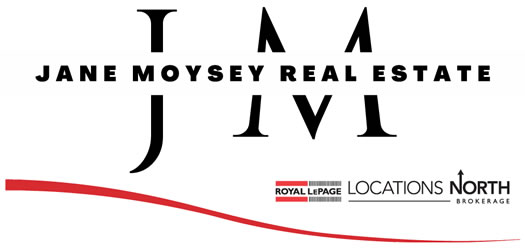Annual rent rates poised to go up
According to a recent report by Rentals.ca.
Annual rents to increase by 11% in Toronto, 9% in Ottawa and 7% in Vancouver, says a recent report by Rentals.ca. Average rents across Canada will increase by 6% in 2019.
The average Canadian rental property on Rentals.ca was listed at $1,754 per month in November 2018, a decrease of 4.4 percent month-over-month. “The dip is not uncommon because fewer people move during the winter months,” says Ben Myers, president of Bullpen Research & Consulting. “Toronto rents have been pulled up by recently completed high-design condo apartments for lease,” says Matt Danison, CEO of Rentals.ca. “Landlords can rent their inventory for significantly more than older rental apartments.”
“A surge in demand has also added to increasing rents,” Ben Myers, president of Bullpen Research & Consulting Inc. said Myers said.
The mortgage stress test and higher interest rates and home prices have “dramatically increased the number of people looking for rental accommodation this year,” Danison says. “Many young couples and families have decided to postpone purchasing a home, which has driven two-bedroom rental rates to nearly $2,600 a month in Toronto and over $2,000 a month in Ottawa.”
“There is trepidation among potential homebuyers following the bubble-like conditions and the subsequent price correction in the GTA housing market last year,” Myers says. “Many Torontonians are choosing to lease instead of buy, with existing tenants staying put to avoid paying the higher market-rate for an available unit. This phenomenon has reduced rental listings in this high-demand environment.”
“With near record-high immigration in Canada and record-low unemployment, demand for housing is high, but flat or declining resale house prices due to current and expected future credit tightening has deterred many would-be first-time buyers from entering the ownership market,” says Danison. “That demand overflow is being felt in the rental market, where very few Canadian markets are offsetting demand with new rental supply.”
Several Greater Toronto Area (GTA) municipalities are among the most expensive rental markets in Canada, with Oakville and Vaughan the highest among the suburban markets, and the former municipalities of Etobicoke, North York and East York tops among the 416 area with rental rates rivalling Vancouver.
Recently released Canada Mortgage and Housing Corp. (CMHC) data shows rental apartment vacancy rates are at their lowest level in a decade, but Rentals.ca says CMHC rental rates cover the entire stock of rental apartment units, while Rentals.ca data looks primarily at vacated units (the flow rate), which it says is a better indicator of market rents.
The company says the average market rental rates are 40 to 60 percent higher than CMHC figures, part of which can be explained by rent control preventing landlords from charging the actual market rate for a unit.
Expanded rent control in April 2017 is partially responsible for the low turnover rate in the Toronto area, which has lowered rental supply and pushed rents up 10 to 15 percent annually in some buildings in 2018, says the report.




